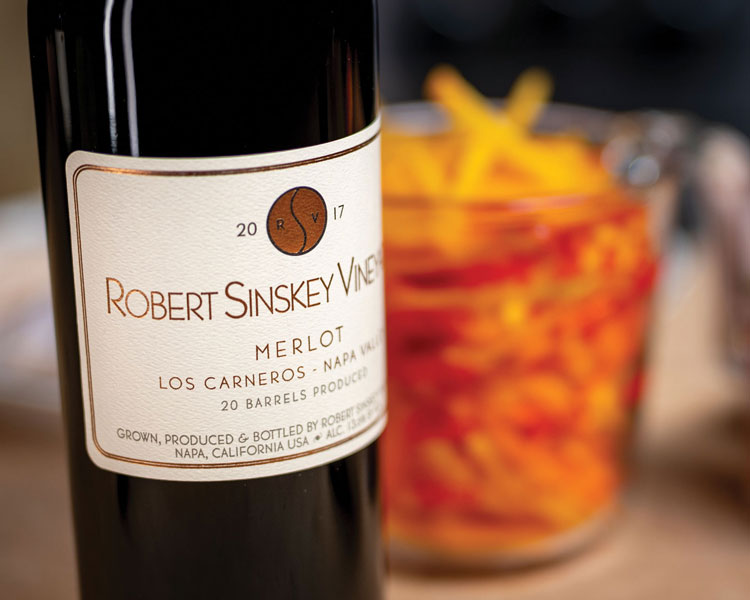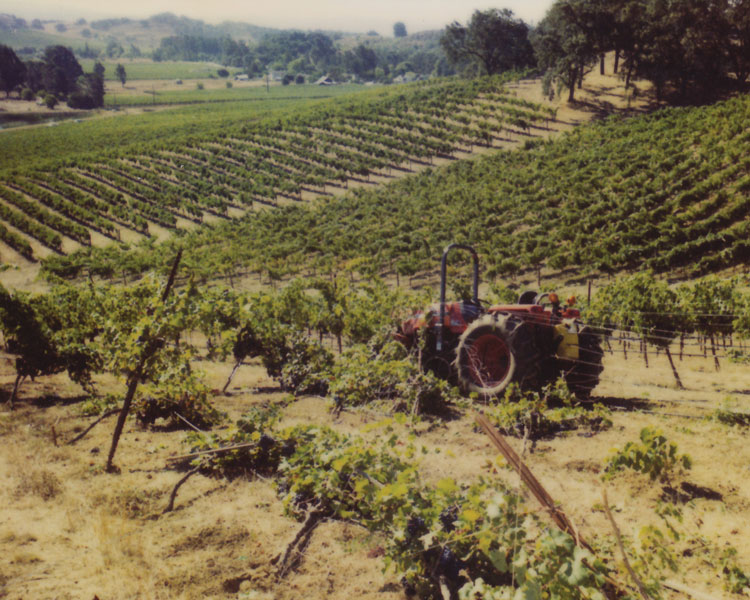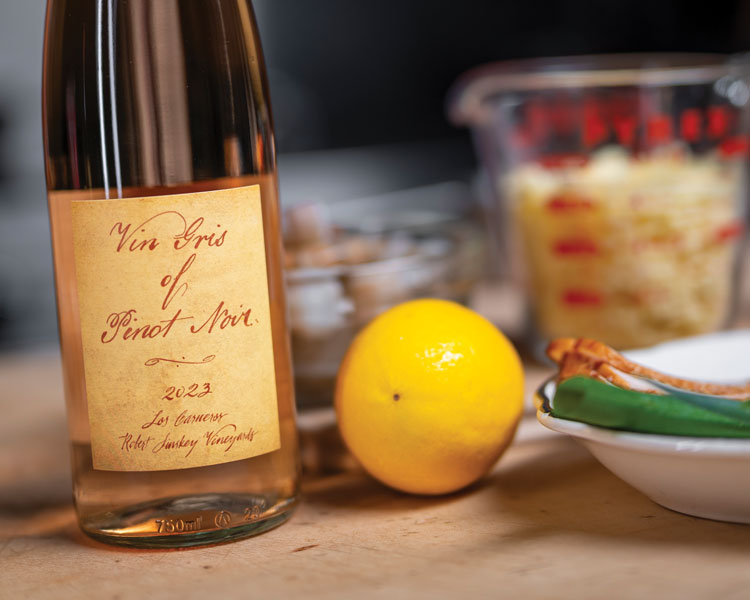The Butterfly Effect…
A Tale of Two Monarchs!
Giggles erupted as the butterfly slowly fluttered its colorful wings, tickling as it walked along the bare armed 4 year old version of myself. The world was still awe inspiring at that age and the idea that something so beautiful could gracefully float in the air and land on me with a silent agreement that we were not a threat to one another, was pure magic. Monarchs were not in short supply in those days, as they migrated thousands of miles to gather for their annual love fest. Unfortunately, we have taken them for granted and they are now considered endangered.
There are many reasons the Monarch is in decline and they are all related to human activity. Climate change, habitat destruction, herbicides and pesticides are the primary reasons for their struggle. Modern, chemical farming seeks to destroy anything that competes with it. That means that herbicides, tillage and fire are used to clear the land. The beneficial plants, such as milkweed, that the butterflies need to feed on, are being wiped out. Then if there are any crop threatening insects, broad spectrum insecticides are deployed that will kill any insect that happens to take a rest break on the crops.
What does this have to do with grapes? Directly, nothing. Indirectly, everything. As grape farmers, we have the option to farm organically and maintain or plant beneficial habitat as hedgerows around the perimeter of our vineyards and to maintain cover crops between the vine rows. It doesn’t have to be just grape farmers; any farmer can choose a path that does no harm if they are incentivized. That is where you can make a difference. When you support organic farmers, by choosing organic ingredients over conventional, you can assure their success and convince conventional farmers to change their evil ways.
As one Monarch is in decline, another ascends. RSV has two all electric Monarch tractors on order that will allow us to farm our land with zero emissions and help control costs. This tractor not only has the benefit of not burning fossil fuels, it has many data collecting and autonomous features. We hope that it will allow us to do less harm while we farm and help our quest to complete the “Perfect Circle” so we can give back where we can. The more we can assist nature to do its job by encouraging biodiversity, we can feel better about our craft that is, after all, about bringing joy and guilt-free hedonism to the world.
Rob Sinskey




